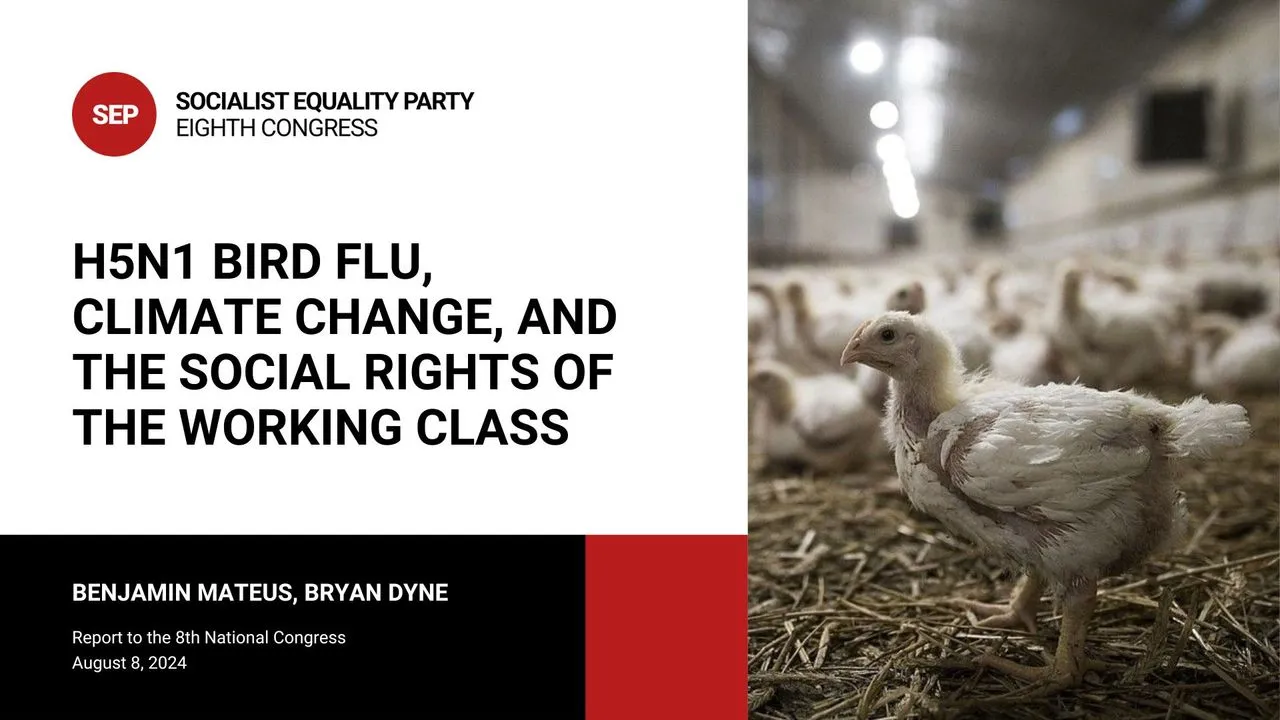Addressing Climate Change, H5N1 Bird Flu, and Public Health Risks

Understanding Climate Change and Its Impact on Health
Climate change is increasingly recognized as a critical factor in the emergence of infectious diseases. This phenomenon creates conditions that facilitate the spread of viruses and bacteria, leading to increased health risks.
The Link Between Climate Change and H5N1 Bird Flu
The H5N1 bird flu has resurfaced as a significant concern for health authorities. Recent data from the World Health Organization indicates that climate change is contributing to the changing patterns of avian influenza outbreaks. These changes pose serious implications for public health.
Pandemics and Their Connection to Environmental Factors
- Climate variability impacts disease vectors.
- Modified ecosystems lead to increased human-animal interactions.
- The spread of existing diseases, such as COVID-19 and MPox, is accelerated during climate extremes.
Public Health Response to Emerging Threats
- The CDC is addressing seasonal flu vaccination for livestock workers.
- New strategies are being developed to combat the impact of climate change on health.
- Collaboration with global health organizations enhances pandemic preparedness.
Climate change exacerbates public health challenges, making it essential to develop comprehensive strategies that prioritize population health. Investing in preventive health measures is more important now than ever.
Disclaimer: The information provided on this site is for informational purposes only and is not intended as medical advice. We are not responsible for any actions taken based on the content of this site. Always consult a qualified healthcare provider for medical advice, diagnosis, and treatment. We source our news from reputable sources and provide links to the original articles. We do not endorse or assume responsibility for the accuracy of the information contained in external sources.
This article was prepared using information from open sources in accordance with the principles of Ethical Policy. The editorial team is not responsible for absolute accuracy, as it relies on data from the sources referenced.